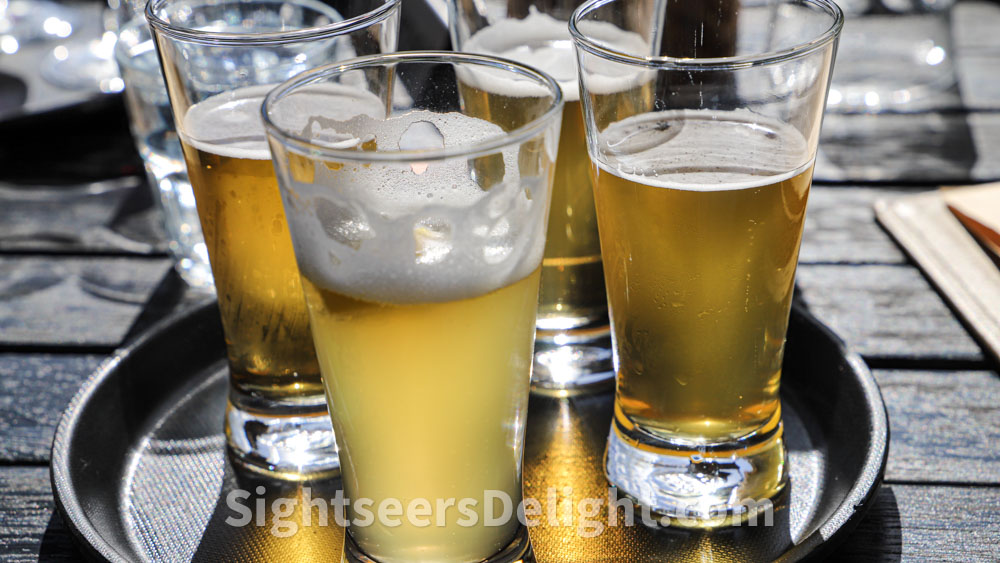The summer travel season is here.
The pandemic caused a significant spike in substance and alcohol abuse for many, and planning a trip can be challenging for those who want to go out and explore while making sure they stay safe and don’t lose the progress they’ve made.
Rebecca Fischer, a writer and editor for Ark Behavioral Health, an addiction treatment provider with locations in Massachusetts and Ohio offering comprehensive addiction care and a whole-person, individualized approach to recovery, provided a few tips:
Why do you think the pandemic caused a significant spike in substance and alcohol abuse?
For many people, the isolation and stress caused by the pandemic and its related shutdowns were overwhelming at times. Chronic stress is a well-known risk factor for addiction, a mental health condition that is considered cyclical in nature. The cycle of substance abuse typically involves a period of craving, followed by a binge period, followed by a withdrawal period. Stress and negative emotions are often what kick-start the craving period, leading the person to begin using again.
In much the same way, stress is also a common relapse trigger, causing people who are in recovery to return to substance use.
What are the tricks to staying sober while traveling?
Stress management might be a good place to start. Traveling can be stress-relieving at times, but it also comes with unexpected surprises that can be stressful.
Before traveling, people in recovery can benefit from reviewing and strengthening the healthy coping mechanisms they learned while in treatment. This might include sticking to a sleep schedule as much as possible, eating nutritious meals regularly, staying hydrated, journaling, or calling a trusted mentor or friend when life gets difficult.
Researching the culture of the place where you’re traveling can help you avoid addiction triggers. Options for dining and entertainment in New Orleans will be very different from those in Malaysia. Avoiding triggers can be very helpful or even necessary, and being prepared can help you avoid triggering situations.
How can a vacation/travel help people trying to achieve or maintain sobriety?
A vacation that is well planned for and includes activities you enjoy can be very healing. For example, studies show that spending time in nature benefits our physical and mental health, such as by lowering stress and improving mood.
According to Nielsen, the average American spends about 11 hours per day interacting with screens. This might not leave a lot of time in our day-to-day lives for activities like walking in nature, taking photographs, or engaging in other activities we enjoy. A vacation provides an excellent opportunity to unplug, destress, and have some fun.
What is the best way to ensure you maintain a commitment to staying sober while traveling?
That is a great question, and the answer will probably be different for everyone. Different people are motivated to recover from addiction for different reasons, with some common reasons being that they want a life that is easier to manage, they want to regain their health and vibrancy, and they want to be there for their loved ones.
It may be helpful to keep in mind your reason for achieving sobriety and all the effort you’ve invested in yourself and your health so far. Whether we are aware of it or not, our mental health is something we all invest in every day.
What is something people don’t necessarily think about when it comes to planning to travel and stay sober?
It could be that if you’re traveling, you’re probably not getting enough sleep. Go ahead and let yourself sleep in a bit. It can be very tempting when on vacation to spend as much time as possible adventuring and exploring, but getting some extra sleep can make all the difference between enjoying your day and getting frustrated and stressed out.
Rebecca Fischer is a writer and editor for Ark Behavioral Health, an addiction treatment provider with locations in Massachusetts and Ohio offering comprehensive addiction care and a whole-person, individualized approach to recovery.
